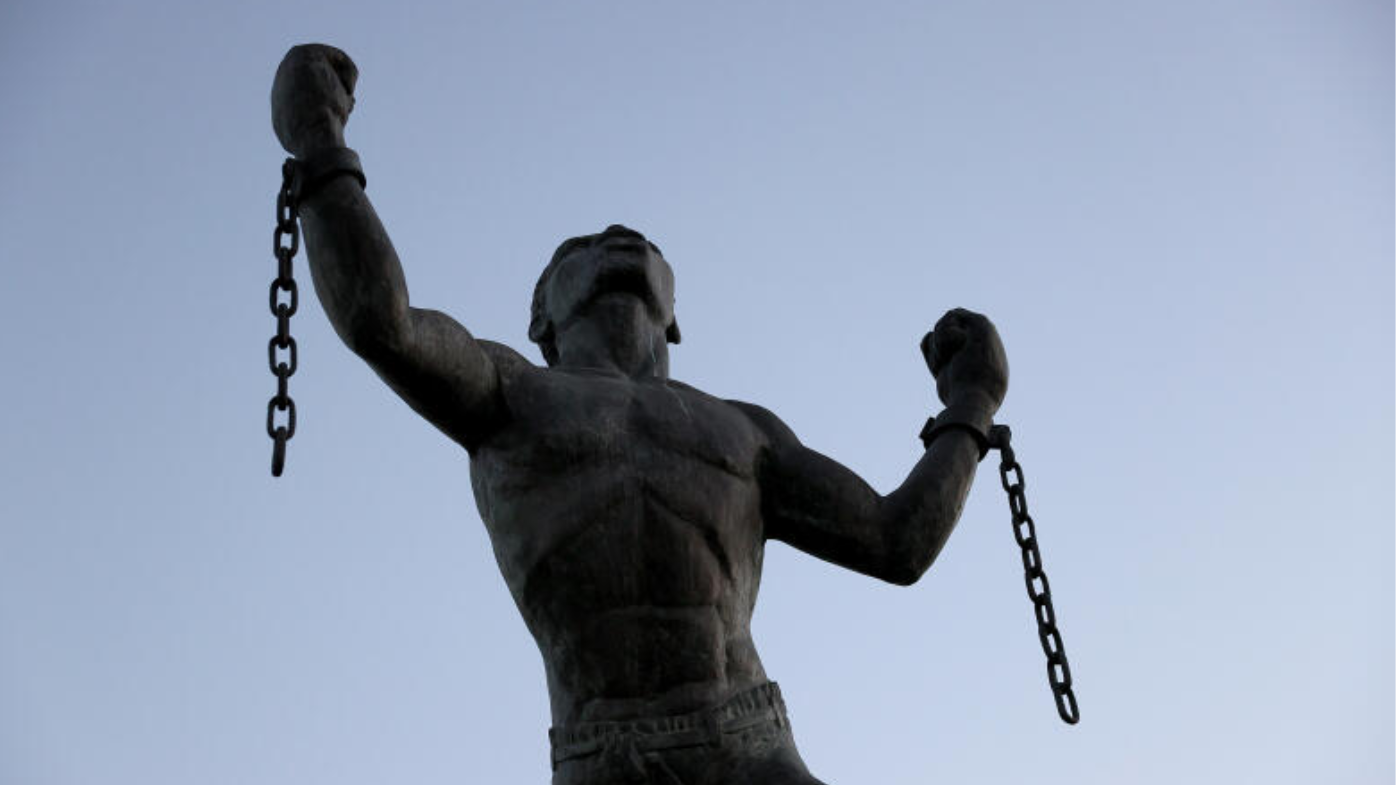
Britain’s leaders will likely face uncomfortable questions about reparations for the trans-Atlantic slave trade at a Commonwealth Heads of Government Meeting (CHOGM) after Caribbean leaders said they would thrust the matter into the spotlight at the event in Samoa.
British Prime Minister Keir Starmer had said that compensation for slavery wasn’t on the agenda at this week’s biennial summit in the Samoan capital, Apia.
But the issue threatens to boil over anyway, presaging an uneasy summit for Starmer and King Charles III, who is battling cancer but is also attending.
READ MORE: Prosecutors drop Menendez brothers bombshell
The Commonwealth group of 56 nations has “taken on issues other people have always run away from” before, the organisation’s Secretary-General Patricia Scotland told The Associated Press on Thursday when asked if financial reparations would feature in talks.
She didn’t confirm BBC reports that a draft text of the statement to be issued by leaders after meetings on Friday and Saturday includes an acknowledgement of calls for “reparatory justice” over the slave trade.
A study from the University of West Indies, backed by an international judge, found that the UK owed £18 trillion ($35 trillion) in reparations for its part in slavery throughout 14 Caribbean nations.
While Commonwealth leaders were holding talks in Samoa, the British finance minister ruled out the government paying reparations, the BBC reports.
Chancellor of the Exchequer Rachel Reeve, speaking at an International Monetary Fund meeting in Washington DC, insisted the UK economy could not afford it.
READ MORE: ‘Special orders’: Police conduct secret raid of Liam Payne’s hotel room
But her stance seems unlikely to deter some Commonwealth leaders in Samoa from pressing claims against the UK.
The summit should involve “a ‘come to Jesus’ moment where we truly look at one another in the eye and say, ‘look, this is what happened,'” Bahamas Prime Minister Philip Davis told Politico on Thursday.
Davis confirmed that he is among the leaders who want their final joint communique to mention reparations and who hope to have a “frank” discussion of the matter with Starmer.
A handful of nations have apologised for their role in slavery, including the Netherlands.
The UK has never formally apologised for its role in the trans-Atlantic slave trade, which enriched many individuals and companies.
Britain abolished the slave trade in 1807 but did not legislate to emancipate slaves in its territories until 1833.
A growing list of British institutions, including the Church of England, have begun to own up to their historic involvement in slavery.
READ MORE: Population milestone for Australia’s fastest-growing state
The British government had said reparations would not be on the Commonwealth summit agenda, though it acknowledged yesterday that the issue might be mentioned in the final communique.
Starmer isn’t the only one who might have preferred to keep the matter off the agenda.
The presence of King Charles III could prompt uneasy questions — as it did in Australia — about the role of the British crown in the histories and aspirations of its former territories.
Independent Senator Lidia Thorpe made global headlines for her controversial act of protest against the King at Parliament House on Monday.
The Victorian senator, a Gunnai, Gunditjmara and Djab Wurrung woman, was heard shouting “give us our land back”, “not your land” and “you are not my king. You are not our king” when the monarch finished his speech.
King Charles and his eldest son, Prince William, have expressed their sorrow over slavery, but they haven’t acknowledged the crown’s connections to the trade, although the king last year endorsed a probe into the monarchy’s ties to the industry.
– Reported with AP
links to content on ABC
9News





